The Barcol Impressor is an indentation hardness tester. The operation is easy, quick and almost non-destructive. The test is as simple as one press. It is a convenient tool for testing the hardness of aluminum, aluminum alloys and fiber reinforced plastics, which conforms to American Standard ASTM B648.
Application
Barcol Hardness Tester is mainly used to test the hardness of aluminum and aluminum alloys, to test the hardness of other soft metals and glass fibre reinforced plastic products. It can also be used to test the hardness of extra large, extra wide, extra thick work pieces, and to test the hardness of boards, belt materials, section materials, forgings and castings etc.
Barcol Hardness Tester is commonly used as supplement of Webster Hardness Testers. It is usually used when test the hardness of pure aluminum, low hard aluminum alloys and extra large, extra thick materials.
Advantages
It is small and light, easy to take.
It is very easy to operate without any experience, in any occasion.
It has extensive testing range, from very soft pure aluminum to very hard aluminum alloys, the testing range equal to 25~150HB.
High-sensitivity. Webster Hardness tester only has 20 scales, but Barcol has 100 scales. So Barcol Hardness tester has much higher sensitivity.
It does not need a bench stand. Barcol Hardness Tester is put on one side of the work pieces without bench stand.
Disadvantage
The surfaces of work pieces need to be broad and flat. It is inconvenient to test the hardness of strips, small-sized pieces or work pieces with curved surfaces.
There will be conversion error. When testing the hardness of aluminum section materials, the Barcol hardness need to be changed into Webster hardness, but there is 2.7 HW discrepancy between Barcol conversion table and GB Standard YS/T420-2000, so the Barcol conversion table should be used cautiously.
Standard package
1 Tester
2 Standard testing blocks
1 Calibration wrench
2 Spare penetrators

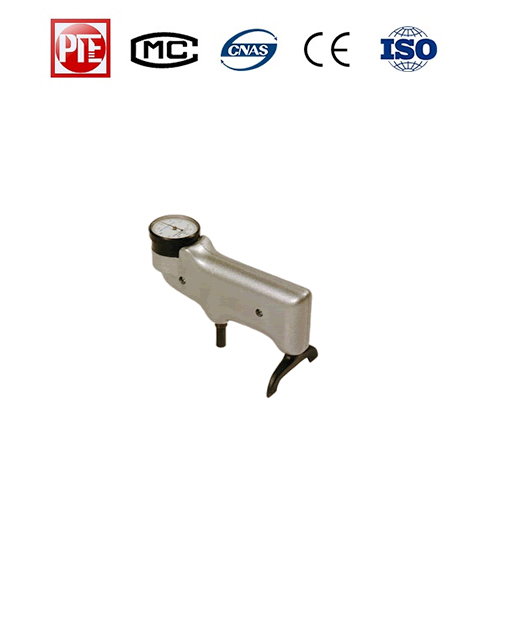
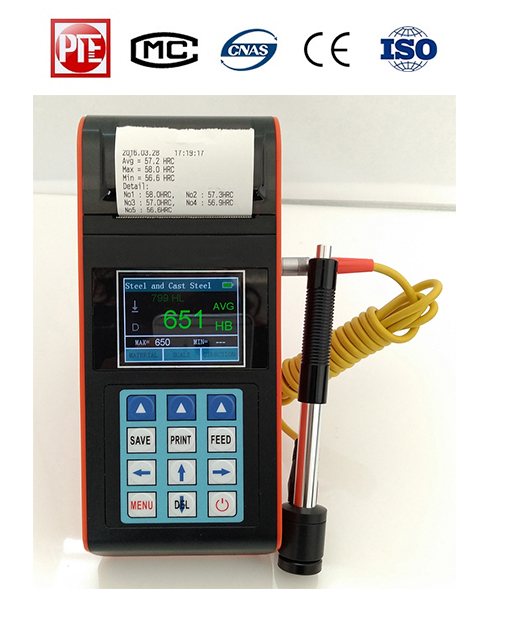 Model PHT530 Portable Hardness Tester
Model PHT530 Portable Hardness Tester 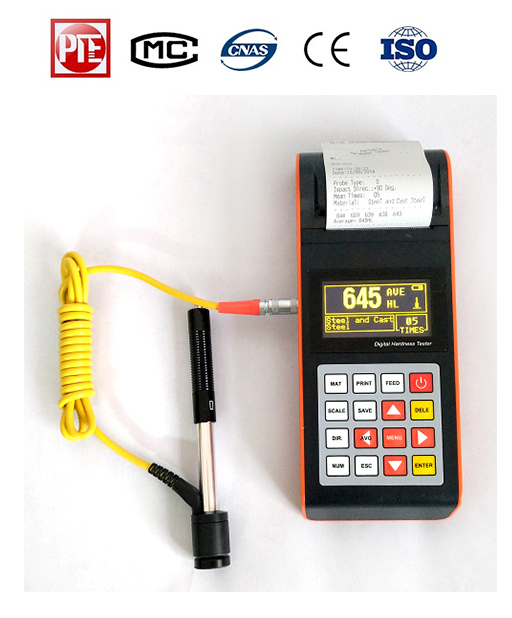 Model PHT520 Portable Hardness Tester
Model PHT520 Portable Hardness Tester 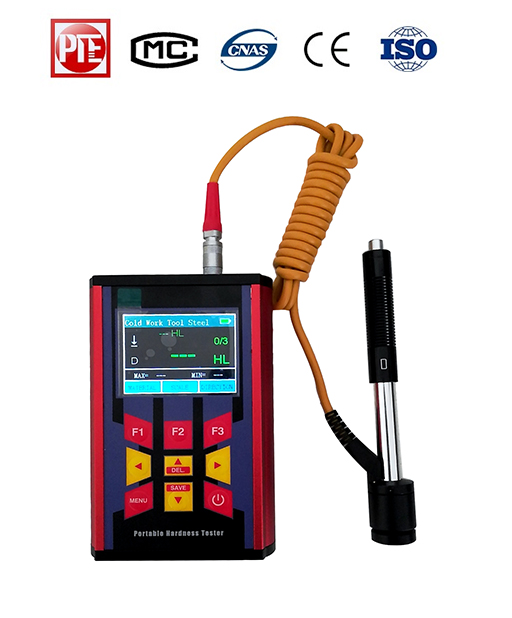 Model PHT220 Plus Metal shell portable hardness tester
Model PHT220 Plus Metal shell portable hardness tester 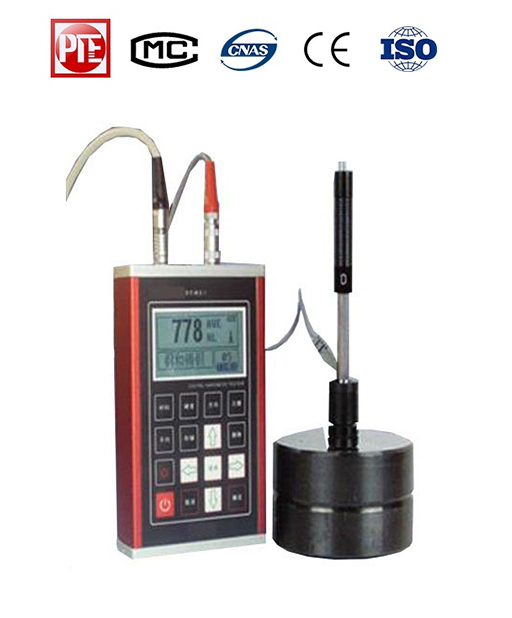 Model PHT210 Leeb Hardness Tester
Model PHT210 Leeb Hardness Tester 